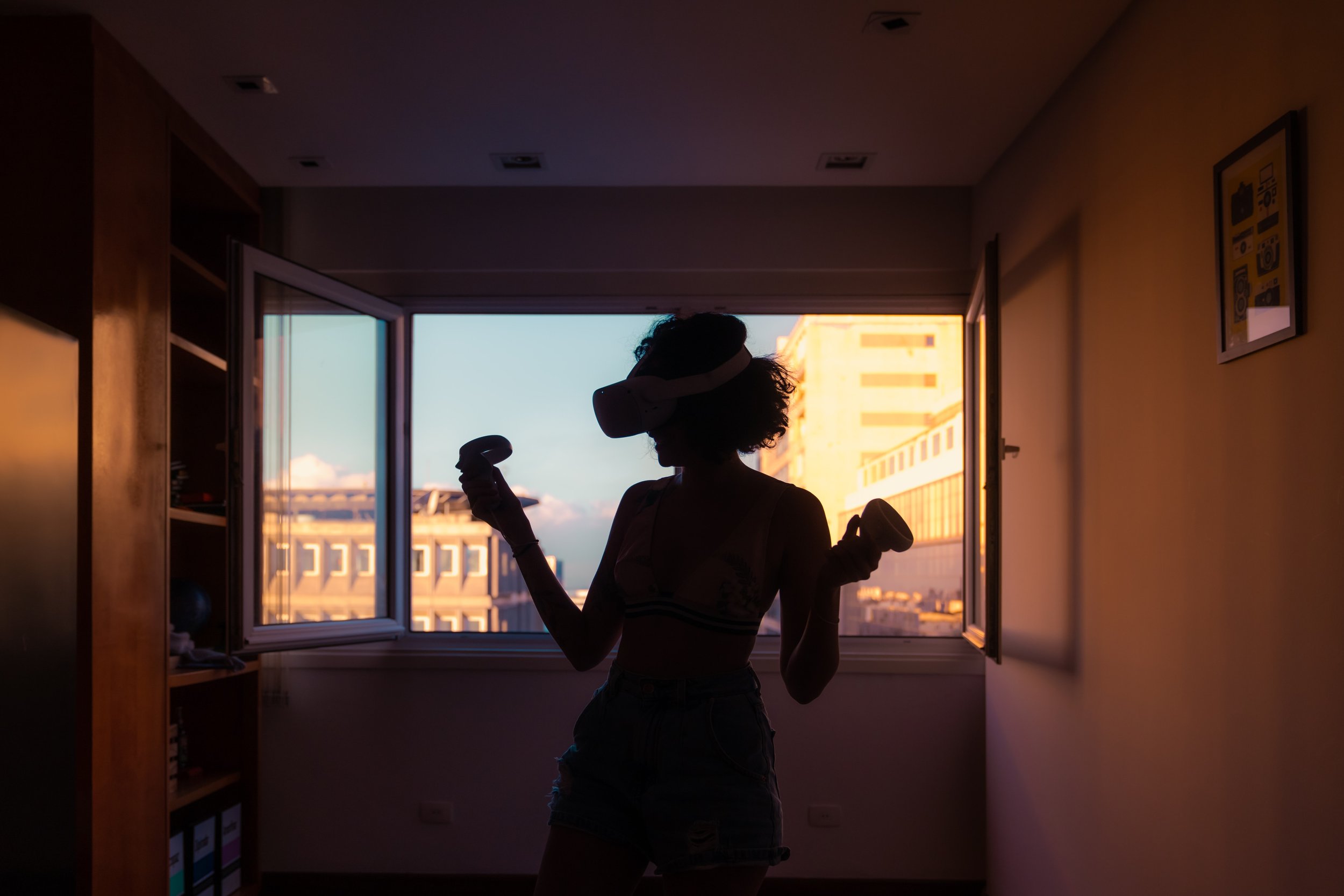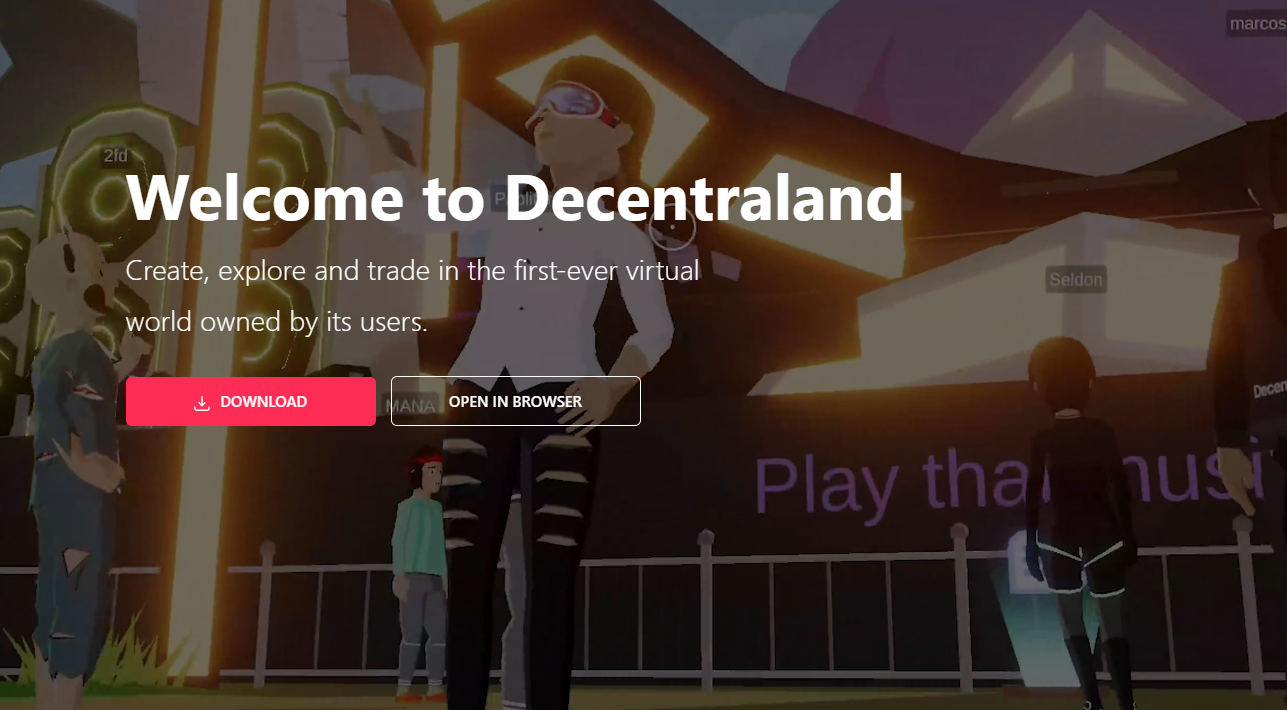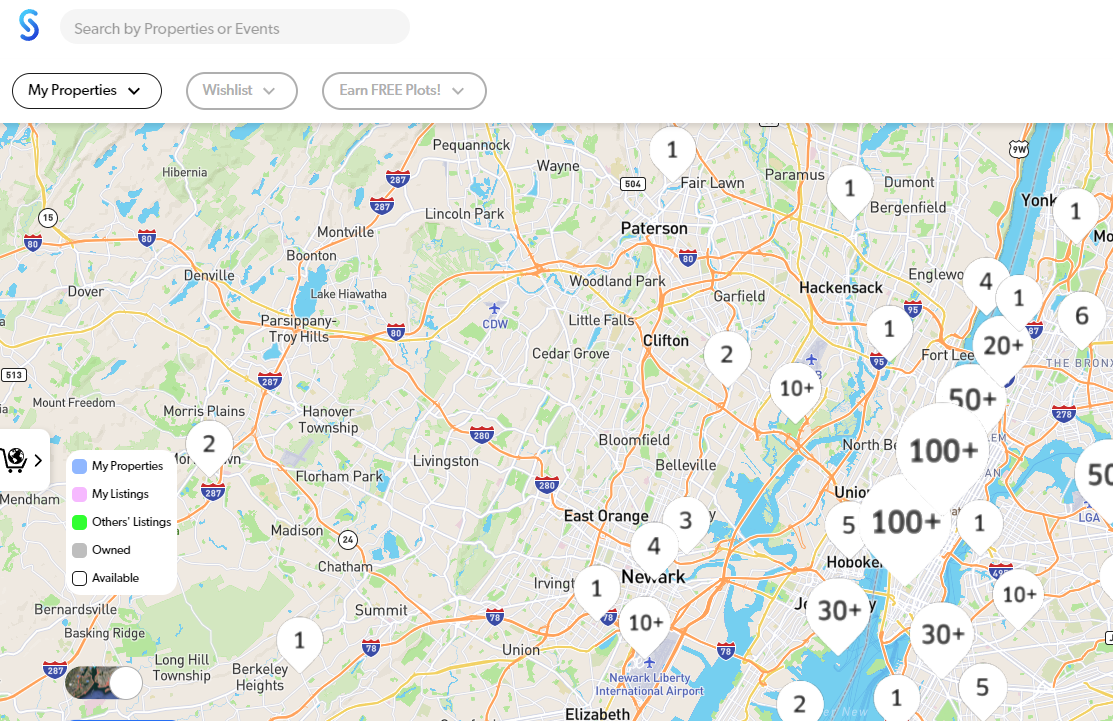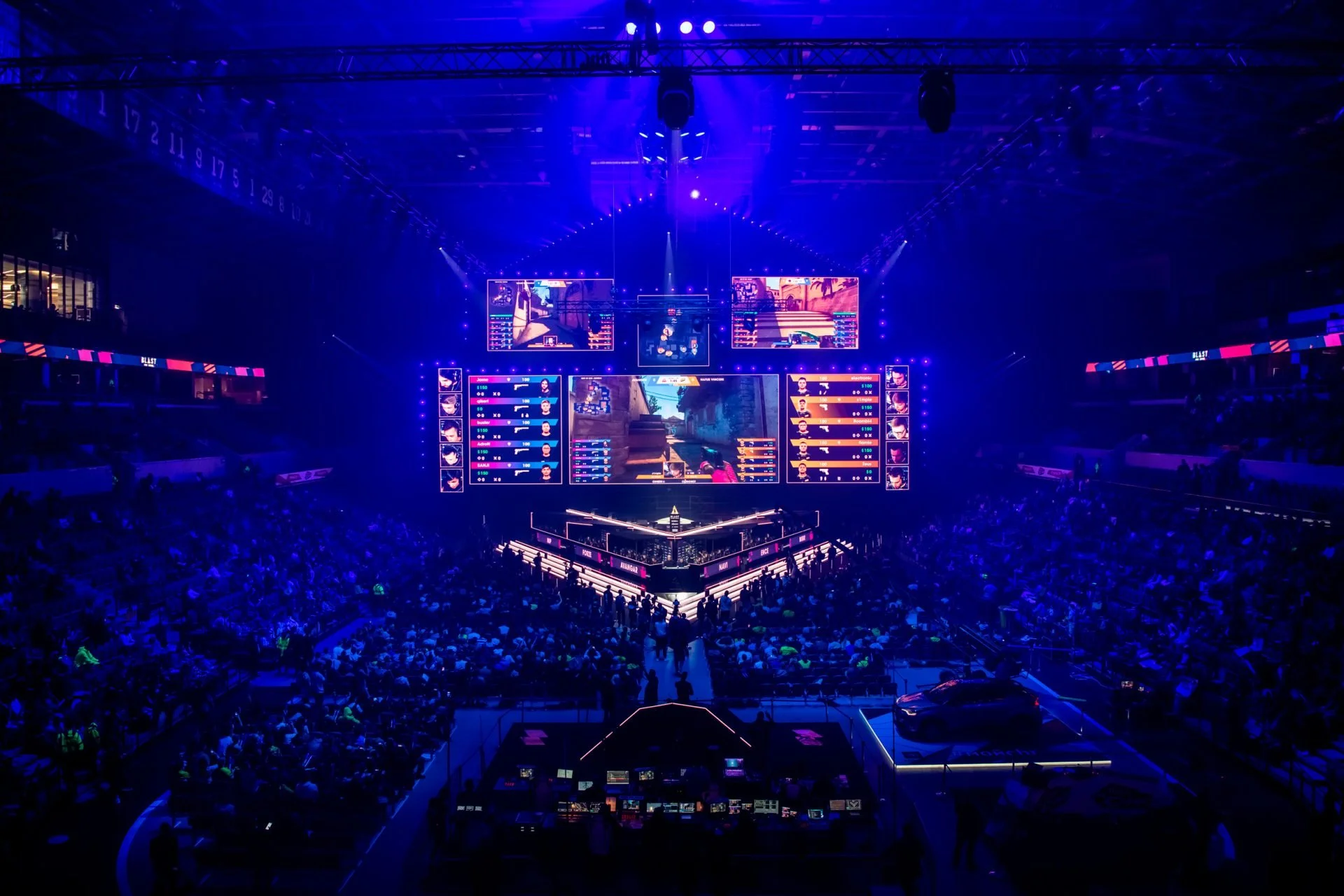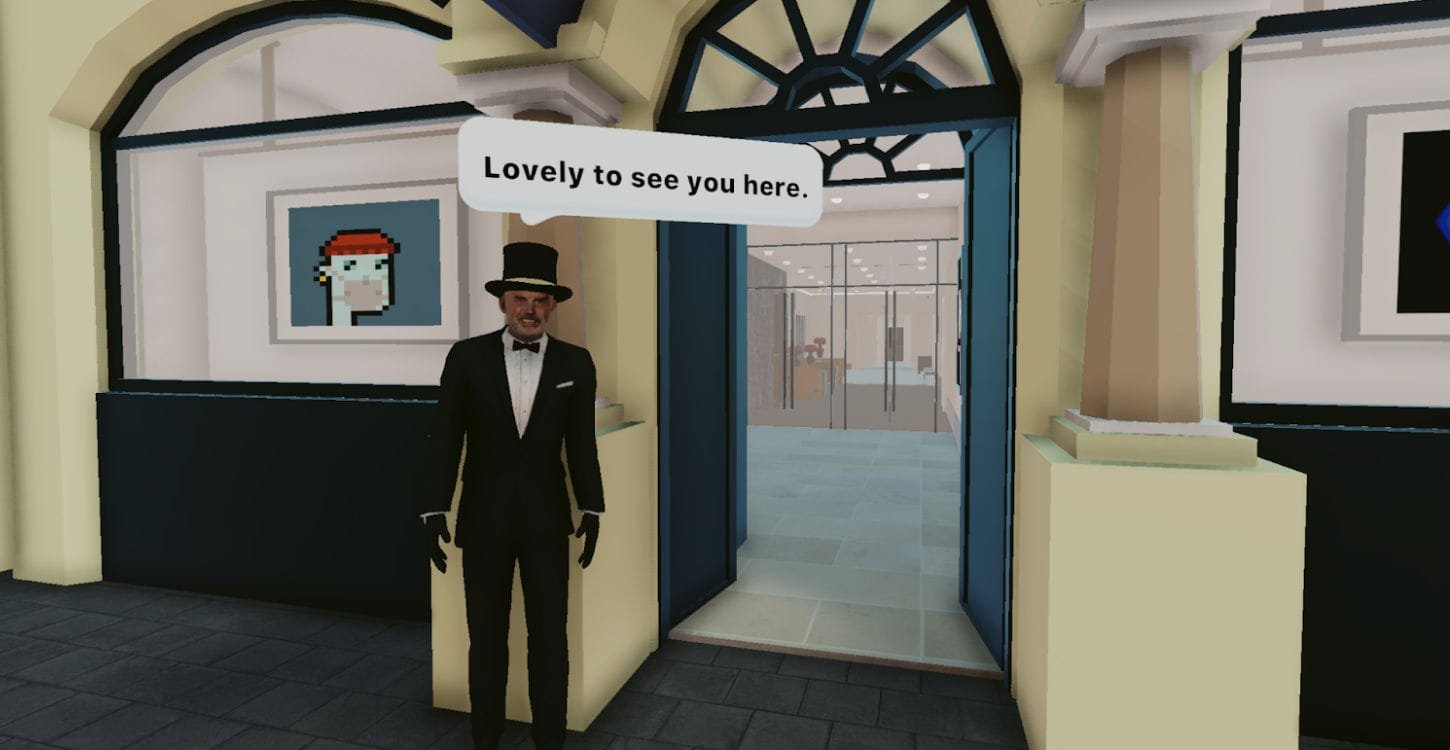Commercial Real Estate is Going Digital: Here’s What You Need to Know
NFTs, Digital Twins, & Infinite Land: How to Navigate it All + the Effects on South Florida
You’ve never seen a floorplan like this. The metaverse: land of infinity.
Ever since Facebook rebranded, we’ve seen the metaverse diversify into practically every aspect of our lives. From cryptoclubs to NFT tycoons, the metaverse provides several avenues for opportunity across all industries.
But how does this apply to real estate? Thousands of virtual land plots available for purchase at your fingertips. Property showings while sitting in your living room. Unlimited potential for development. And the whole world is taking notice.
Metaverse real estate sales surpassed $500 million in 2021 and are expected to more than double in 2022. It's no surprise that virtual real estate is so high in demand.
So how does it work? And how is Miami, the next Silicon Valley, adapting in response? Let’s dive in.
The Basics
Land in the metaverse is made up of unique blockchain data to create a land token, a type of NFT, that has specific virtual coordinates and gets stored in your digital wallet. And if you merge two plots into one, you’ve got yourself an estate.
To purchase digital land, you’ll need a specific type of cryptocurrency (depending on the marketplace). Using cryptocurrency instead of a local currency globalizes purchases and allows for quicker investments. The top three platforms at the moment are Otherside, Decentraland, and the Sandbox, all of which, combined, account for the majority of virtual real estate sales.
Credit: Decentraland
So far in 2022, the top ten platforms have cumulatively reached almost $2 billion in sales, more than double what was made in 2021. Some of the top sales include a $5 million purchase by Curzio Research consisting of 19 commercial properties in TCG World, a $4 million sale in the Sandlot, and $2 million purchase in Decentraland. And there’s still hundreds of thousands of lots available across the entire Metaverse—and more can be created with just a few keyboard clicks.
One of the first firms to sell real estate in the metaverse, Everyrealm has been involved in more than 100 virtual developments. They sold 100 private islands in the Sandbox, of which 90 sold for $15,000 each, with resale prices reaching $300,000.
You Bought Virtual Land. Now What Do You Do With It?
Once you purchase your property, your opportunities are (seemingly) endless. With few to no regulations, you’re able to sell, trade, or further develop your property as you wish. Some of the most common commercial uses for virtual properties include stores, offices, entertainment venues, and landmarks.
Credit: SuperWorld
There are already platforms dedicated to selling digital twins of landmarks (like the Eiffel Tower and the Taj Mahal!), such as SuperWorld. Owners can then charge for any activity that takes place on the landmark(s) they own. And advertising opportunities are on the horizon. Tokens.com CEO Andrew Kiguel recently shared that he’s in communication with several companies about having digital billboards in virtual conference rooms.
Not sure which type of property you should opt for? Here’s a breakdown of how CRE is translated in the metaverse.
Retail
Virtual real estate offers a multitude of brand investment opportunities. Brands want to be in the metaverse for exclusivity: to make consumers feel special, reward their loyal customers, and to raise brand loyalty and awareness. These unique online experiences create urgency, increase physical and digital foot traffic, and expand customer bases. Some experiences serve as a bonus while others are completely token-gated, meaning you need to have a specific digital token to participate.
Credit: Metaverse Fashion Week
For example, earlier this year, Samsung opened their first virtual store (modeled after their flagship store in New York) in Decentraland, creating an avenue for users to enjoy a merged art, tech, fashion, music, and sustainability experience. Gucci owns multiple boutiques in Decentraland’s fashion district while Walmart and Nike are planning to launch metaverse-exclusive product lines. Decentraland even has their own Fashion Week, wherein more than 60 brands participated, complete with expert panels and after parties.
Entertainment
With entertainment venues, property owners can charge admission, offer exclusive access as membership perks, sell advertising space, or even rent out for events. In fact, many metaverse worlds have event calendars, with concerts and art shows taking up the majority of the slots, though it varies by platform.
Credit: ESTN
In Decentraland, for example, casinos are the most valuable commercial real estate properties. In the Sandbox, one of the biggest purchases made was for $4.2 million by Everyrealm, who plans to build a voxelated arena. And the Electronic Sports Tournament Network (ESTN) has just launched the world’s first player-owned gaming arena in the metaverse.
Offices
Credit: Decentraland
If you’re looking for a way to facilitate hybrid and remote-work structures, a virtual office might be worth considering. From hosting meetings in virtual conference rooms to catching up in a virtual break room, companies can utilize these online spaces to boost connection, team-building, and productivity. One of the companies already doing this is Sotheby’s, who created a virtual version of their headquarters in London, complete with an art gallery and doorman to greet visitors.
The Risks
While this is already a billion-dollar industry with stakes from major brands, it’s still relatively new and largely undeveloped, leaving a lot of room for risk. With increased saturation and lack of necessity, the market might burn out.
Certain protections and procedures still need to be established. Crucial factors—like legalities, regulations, and zoning—are not fully fleshed out and vary by platform. And since it’s all digitally based, your real estate investments are prone to hacking, loss of power, etc.
There’s also a significant impact on the environment. The more digital machinery required to run these virtual worlds, the more energy will be needed. Additionally, most people may not have hardware powerful enough to access these worlds, leading consumers to have to upgrade their tech and dispose of their old products, creating more waste.
How is This Taking Shape in South Florida?
One of the most rapidly growing tech hubs in North America, Miami has welcomed the metaverse like it’s mid-afternoon cafecito. Not only is South Florida host to industry-changing events, like Cryptobasel, but it’s also home to some of the most innovative companies in the nation.
Firms across the city are embracing virtual real estate, some developing dedicated departments while others are enhancing properties with virtual counterparts, like digital twins and virtual reality. In fact, crypto-focused company CityCoins chose Miami as their first market, claiming that the city has taken “center stage as a technical powerhouse among major US cities, particularly in the realm of crypto and blockchain technology.”
And soon enough, we’ll be unveiling one of Miami’s very first climate-forward offices focused on tech, community, and sustainability during Art Basel. The Innovation Hub at Little Haiti was adaptively repurposed from an abandoned warehouse into a 1-acre state-of-the-art complex by our founder, Tony Cho, and will bring together visionaries from all over the world. Contact our sister company, Future of Cities, for more information.
Should You Invest in Metaverse CRE?
Investing in the metaverse is a lot like investing in physical real estate. You should do your own research and watch the market. Observe the stats, study the trends, and keep track of updates. Ask for recommendations and work with reliable partners.
Aside from the metaverse, there are a ton of tech opportunities to explore for investment. Whether you’re looking for a physical space that you could potentially monetize in the metaverse in the future, looking to invest in real estate with crypto, or curious about another way technology is transforming the real estate industry, we’re your go-to source and trusted partner. Contact us or check out our current listings to find the perfect spot.

